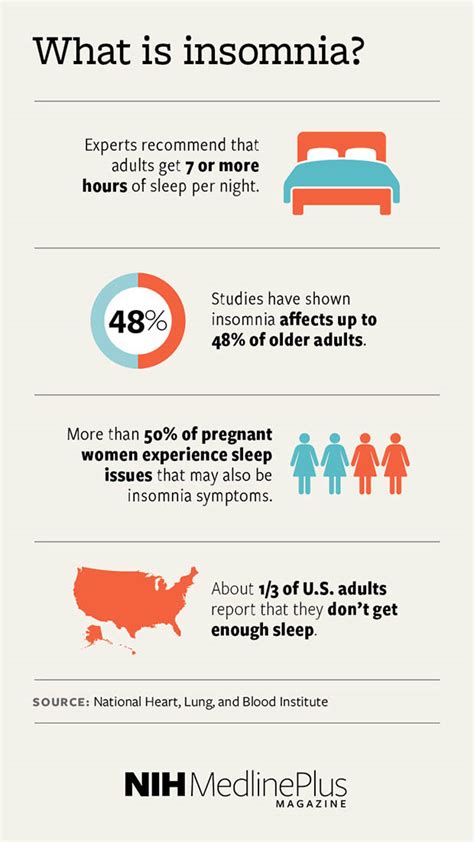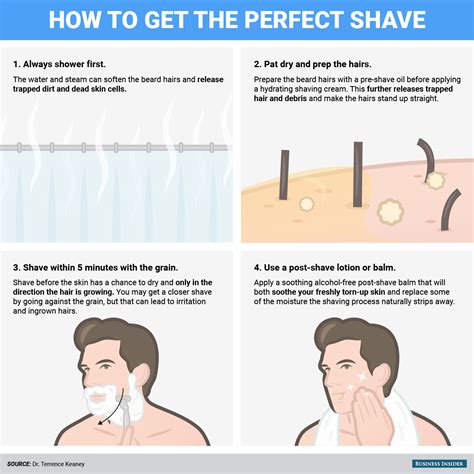How to improve sleep quality for chronic insomnia?

Chronic insomnia, characterized by difficulty falling or staying asleep for at least three nights a week for three months or more, is a debilitating condition affecting millions. It can profoundly impact physical health, mental well-being, and daily functioning. While there’s no magic bullet, a multi-faceted and consistent approach can significantly improve sleep quality and reclaim restful nights.
Understanding the Roots of Chronic Insomnia
Before diving into solutions, it’s crucial to understand that chronic insomnia often stems from a combination of physiological, psychological, and behavioral factors. Stress, anxiety, depression, poor sleep habits, certain medications, and underlying medical conditions can all contribute to its persistence. Addressing these underlying issues is paramount for long-term improvement.

The Cornerstone: Sleep Hygiene
Establishing and maintaining excellent sleep hygiene is the foundational step for anyone struggling with chronic insomnia. These are daily habits and environmental factors that promote consistent, uninterrupted sleep.
- Maintain a Consistent Sleep Schedule: Go to bed and wake up at the same time every day, even on weekends. This helps regulate your body’s natural sleep-wake cycle (circadian rhythm).
- Create a Restful Sleep Environment: Ensure your bedroom is dark, quiet, and cool. Block out light with blackout curtains, use earplugs or a white noise machine to mask sounds, and keep the thermostat between 60-67°F (15-19°C).
- Optimize Your Mattress and Pillows: Invest in a comfortable mattress and pillows that support your sleep posture. Replace them when they no longer provide adequate support.
- Establish a Relaxing Pre-Sleep Routine: Wind down for at least an hour before bed. This might include reading a book, taking a warm bath, listening to calming music, or practicing gentle stretching or meditation. Avoid stimulating activities like intense exercise, work, or screen time.
Cognitive Behavioral Therapy for Insomnia (CBT-I)
Often considered the gold standard treatment for chronic insomnia, Cognitive Behavioral Therapy for Insomnia (CBT-I) is a structured program that helps identify and replace thoughts and behaviors that prevent you from sleeping well. Unlike sleeping pills, CBT-I addresses the root causes of insomnia and provides lasting solutions.
CBT-I typically involves several components:
- Cognitive Restructuring: Learning to identify and challenge negative thoughts and beliefs about sleep.
- Stimulus Control Therapy: Re-associating your bed and bedroom with sleep and only sleep. This involves going to bed only when sleepy, getting out of bed if you can’t sleep, and avoiding activities like watching TV or eating in bed.
- Sleep Restriction: Temporarily reducing the amount of time spent in bed to create mild sleep deprivation, which helps consolidate sleep and make it more efficient. This is done under professional guidance.
- Sleep Hygiene Education: Reinforcing good sleep practices.
- Relaxation Techniques: Learning methods like progressive muscle relaxation, diaphragmatic breathing, or mindfulness to calm the mind and body before sleep.

Lifestyle Adjustments for Better Sleep
Beyond specific sleep interventions, broader lifestyle choices play a significant role in improving sleep quality.
- Dietary Considerations: Avoid heavy meals close to bedtime. Limit caffeine and nicotine, especially in the afternoon and evening, as they are stimulants that can disrupt sleep. While alcohol may initially make you feel sleepy, it fragments sleep later in the night.
- Regular Physical Activity: Engage in moderate exercise most days of the week, but avoid intense workouts too close to bedtime (typically within 3-4 hours). Exercise helps reduce stress and promotes deeper sleep.
- Stress Management: Chronic stress is a major contributor to insomnia. Incorporate stress-reducing activities into your daily routine, such as meditation, yoga, deep breathing exercises, spending time in nature, or engaging in hobbies you enjoy.
- Limit Naps: While a short power nap can be refreshing, long or late-afternoon naps can interfere with nighttime sleep. If you must nap, keep it short (20-30 minutes) and early in the day.

When to Seek Professional Help
If self-help strategies and lifestyle changes aren’t enough, it’s crucial to consult a healthcare professional. A doctor can rule out underlying medical conditions (such as sleep apnea, restless legs syndrome, or thyroid issues) or medications that might be contributing to your insomnia.
They may recommend:
- Referral to a Sleep Specialist: A sleep physician can conduct a thorough evaluation, potentially including a sleep study (polysomnography), to diagnose specific sleep disorders.
- Prescription Medications: While generally not a long-term solution for chronic insomnia, certain medications may be prescribed for short periods to help break the cycle of sleeplessness, always in conjunction with behavioral therapies.
- Referral to a CBT-I Therapist: Many mental health professionals specialize in delivering CBT-I.

Conclusion
Improving sleep quality for chronic insomnia is a journey that requires patience, consistency, and a willingness to adapt your habits. By diligently applying principles of good sleep hygiene, exploring effective therapies like CBT-I, and making healthy lifestyle choices, you can significantly reduce the impact of insomnia and pave the way for more restful, restorative sleep. Remember, you don’t have to suffer in silence; professional help is available and can make a profound difference.









